
Introduction
HIV virus attacks white blood cells known as CD4 lymphocytes that are defending the body from foreign organisms. When HIV virus enters the lymphocytes it multiplies itself and these copies attack other cells via bloodstream. As a result, host CD4 cells die until their number in body gradually decreases which leads to loss of immunity. Consequently, the body losses the ability to resist viruses and bacteria that can cause various disorders.
Transmission of HIV
Sexual transmission - One can be infected with HIV virus by oral, vaginal or anal sex if blood, semen or vaginal secretion of infected partner enters the body of another. It enters through small vaginal or rectal tears. Presence of any sexually transmitted disease increases the risk of catching HIV virus. Sperimicide can also increase the risk since it irritates lining of vagina that can lead to tears which allow the virus to enter. Through infected blood – In rare cases, especially in the past this could happen during blood transfusion. Hospital and blood banks are nowadays testing the blood for HIV therefore the risk of getting the virus is significantly decreased. Through sharing the same needle or accidental needle sticks– Those who are taking injected drugs are at high risk if share the needle with infected person. If you are in this group, always take sterile needles and syringes for one use only. Accidental needle sticks can happen between infected and medical workers but the risk is less than 1 percent. From mother to child – Infants can be infected during pregnancy, delivery or breast feeding. Approximately, 600,000 children acquire the virus this way each year. In US most women are screened during pre natal care for HIV virus. If present, risk can be reduced by treatment received during pregnancy. Also, cesarean section is recommended in such cases to reduce transmission during labor. Other ways – Rarely the HIV virus can be transmitted through transplanted organ or because of surgical or dental tools that are not sterilized. Risk of this HIV disease is increased in cases of unprotected sex especially with many partners. Anyone can be infected if not using condom during every sexual intercourse. If you have any other sexually transmitted disease like syphilis, chlamydia, gonorrhea, or herpes you can easily be infected. In case you received blood transfusion before 1985 or have insufficient copies of CCL3L1 gene that aids in fighting HIV you are at greater risk. Sharing needles during IV drug use increase the risk as well.You cannot be infected in everyday contacts (kissing, hugging, shaking hands) with HIV infected person.





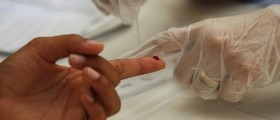

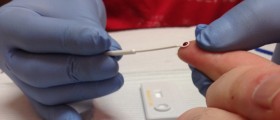
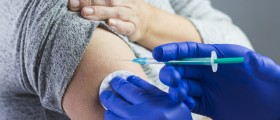
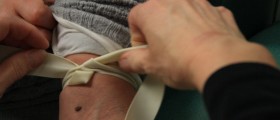




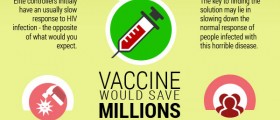
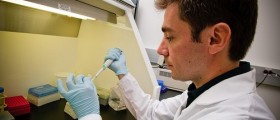
Your thoughts on this
Loading...